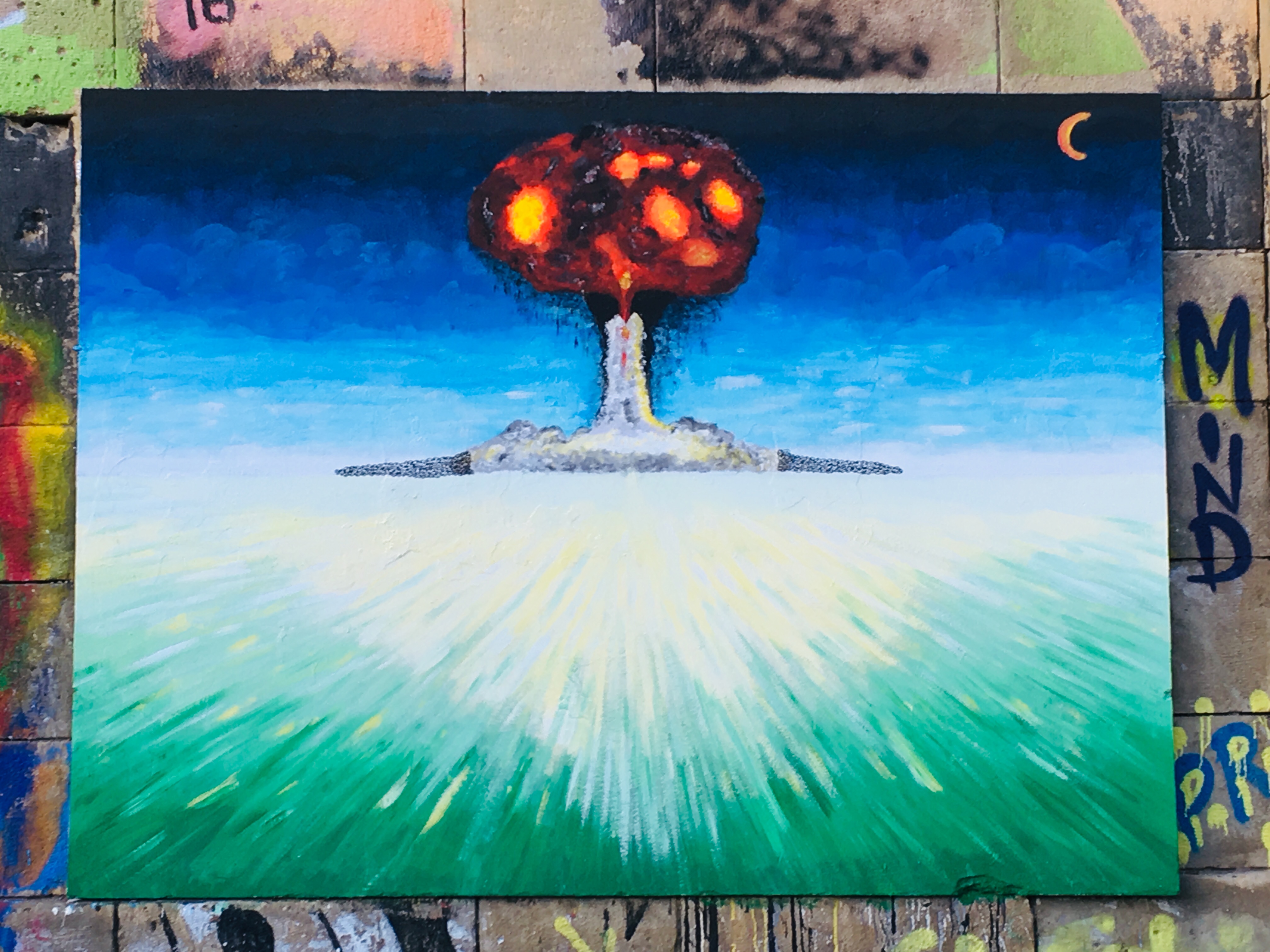The global pandemic has torn off the veil of equity and access. Online learning as a fifth grader is hard. Online learning without a computer or internet is even harder. One friend noted that the public school in her town has given up on teaching new material since March. And this is a town with very, very expensive property taxes. Meanwhile the private school three miles away has continued on, ensuring that no student is slowed down. This is not because the teachers at one school care less or work harder than the other, but because of a multitude of systemic and structural factors. So the divide between the haves and have-nots – and the SUPER haves and the middle haves – may become wider if we are not careful. While the pandemic has forced an examination of what hasn’t been working in education, we may end up rebuilding a broken system on top of a faulty foundation.
This divide – either you have or you don’t – has characterized so much in the last decades of what it takes to “make it” in today’s society. Either go to university to make it to the middle class or live paycheck-by-paycheck. Either make a stable income to support your family or do good for society. Either major in something useful like economics or major in theatre and be unemployable. Either be a good, high-achieving student or be happy.
In a non-binary world, we have attempted to create boundaries and separations where they don’t inherently exist in their natural states. In the name of progress, we have rewarded those who retain and recite with letters of admissions and sign-on bonuses, and ridiculed those who clean and cultivate. While during the pandemic, we remember the importance of farming, cooking, making, cleaning, engineering to survival, will we forget and continue to separate learning? University prep or vocational? Earn money or do good?
Why can’t it be yes-and? An education system designed to celebrate and teach the know-how skills to survive and live in greater harmony with the overburdened planet. A system where we must rely on the knowledge of others outside of our own “expertise.” A system where addressing topics like climate change requires interdisciplinary engagement, from the sanitation experts to the farmers to the economists.
Young people get it. Two weeks ago, I had the distinct honor of speaking with a group of high-achieving students of color who, with great courage and vulnerability, shared the amount of pressure they feel – from parents, peers, society – while navigating their own identities in an uncertain world. They all wanted to know: how can I still honor my family and still pursue my interests? How can I make money and still do good for society? Before we smile at their naïveté, how many of us adults still live in a binary “either-or” world?
Young people don’t see the adults doing it, so they don’t believe that it is possible…yet.
In 1964, Richard Hofstadter critiqued the design of American education for its belief that learning must have a material purpose, rather than have an inherent value. We consistently send the message to young people: either be a good kid or follow your dreams. Either be financially stable or do good in the world. Either do what is respectable or what you enjoy. Now is the time to consider how to live with yes-and. So, where to start?
- Invest in technical and vocation education
Classes like woodworking, home ec, auto mechanics have been ignored or relegated to the classes that the “less intellectual” students pursue. Yet these classes teach some of the fundamental skills required to ensure that our cities and towns and planet function and thrive. They require deep analytical and creative problem-solving capabilities. Schools and universities must invest in these disciplines to ensure that the next generation has the critical skillsets to address the ever-looming big issues facing our global society.
- Integrate trade and liberal arts curricula
Universities and community colleges can cross-pollinate by requiring a marriage of theory and practice. Engineering and design thinking courses are great models for this type of learning – practical application of the theories of physics and math.
- Identify whole-person skills in university admissions
Rather than sacrifice classes that seem “useless” to get into a competitive college, require that applicants demonstrate the analytical and applied thinking skills required to excel in all disciplines – be it differential equations or culinary arts. As I mentioned in Inside Higher Education, require the demonstration of one’s capacity for collaboration, creativity, and curiosity. One’s ability to handle failures and to have empathy for others.
Doing so requires the cooperation and commitment of all stakeholders. No one said this is easy, but the invitation to go from either-or to yes-and is here. And as Pope Francis advised about living through a pandemic, “don’t waste these difficult days.”


